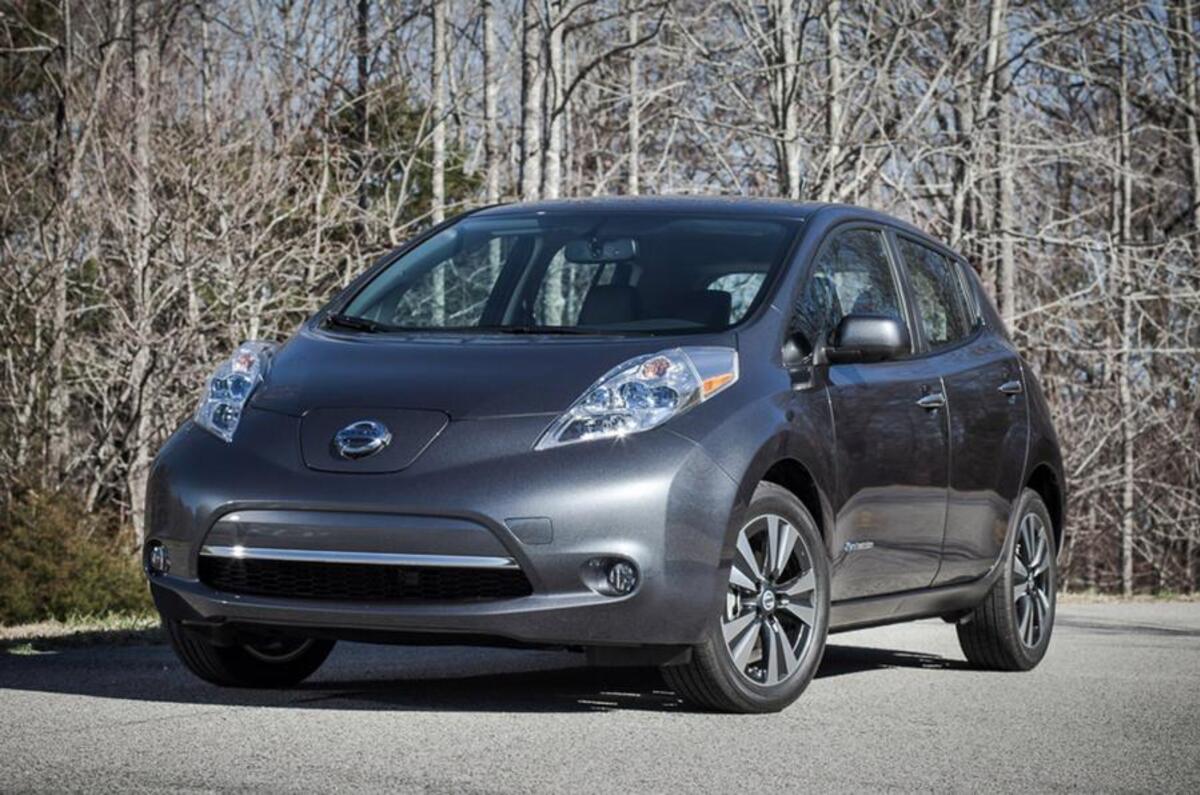Nissan, the builder of the world’s best-selling EV, the Nissan Leaf, has predicted that the number of UK charging stations will have surpassed the number of fuel stations in just four years time.
UK demand for electric vehicles grew by a substantial 31.8% in the first six months of 2016 compared with the same period from the year before.
With 19,252 new electric cars registered in 2016 so far, Nissan believes the ‘tipping point’ for EVs is already upon us. It expects the number of charging stations being fitted to car parks to rocket as a result, and predicts that there will be some 7900 charging stations in Britain by August 2020.
Next-gen Nissan Leaf aims for 340-mile range
Consequently, the number of fuel stations is expected to decrease by this date, with Nissan predicting that there will be just 7870 fuel stations left in August 2020, representing a loss of 602 stations compared with the end of 2015.
Admittedly, Nissan is comparing the number of individual charging stations with the number of fuel stations, where several fuel pumps are available. However, there's no denying the overall trend illustrates a clear change in demand in the UK market.
Earlier this year, the Government adjusted the grant structure it offers to EV buyers, with the maximum amount reducing from £5000 to £4500. Despite this reduction in discount, EV demand has continued to grow, suggesting that other factors, such as reduced running costs and a pro-environmental image, are drawing people away from combustion-engined cars.
The Mitsubishi Outlander PHEV has been the UK’s most popular plug-in hybrid electric model, with 5738 examples of the SUV being sold over the first six months of 2016. The Nissan Leaf remains the best-selling pure-electric model, with 2336 new registrations in that same period.




Join the debate
Add your comment
The Emperor's Suit of Clothes
Fossil Fuel facts
Really, perhaps you'd like to give us some facts. What's the percentage of fossil fuels used in France, Germany, China, UK and are those percentages going up slowly or rapidly down?
Another meaningless electric car plug article.
Why xxxx continually bangs on about how cheap economy 7 overnight charging at home is a complete mystery. What percentage of electricity users have an economy 7 or similar meter installed in their home? The overnight economy tariffs only make economic sense, if you use about a third of your total consumption during the economy period as any you use at other times is charged more highly than a standard tariff. Economy 7 and similar is really only used by most if they have electric storage heating in their home.
People with an EV will charge at home
1. This was pointed out in the article, re-read.
2. "What percentage..", you don't know the percentage of EV users who have economy 7 at home so don't bang on it until you do. I made the point to show how much cheaper it is to charge at home on 7 or otherwise
xxxx wrote:
And yet again xxxx fails to give any justification for saying that people with electric cars will benefit from cheaper overnight electricity. Unless you have electric storage heating in your home it is very unlikely you will have or want to have an economy 7 meter fitted as the daytime charge per kWh is very high and to benefit you must use a lot of electricity overnight. Furthermore most properties fitted with all electric heating tend to be apartments test are less likely to have an easy access to a cable to plug in a car.
xxxx always lets his desire to promote electric cars overcome common sense.
FACTS not anti EV bias
Camp man in a van you are extremely sad! All I stated is you can get electricity for less than 10p a Kwh hour regardless of whether you live in a house or flat, you may well switch over if you have an electric car regardless of where you live. Your anti EV knows no bounds. It was a minor point but you have become obsessed, I am worried about your mental state!
p.s.
EV charging stations predicted to be more common than fuel pumps